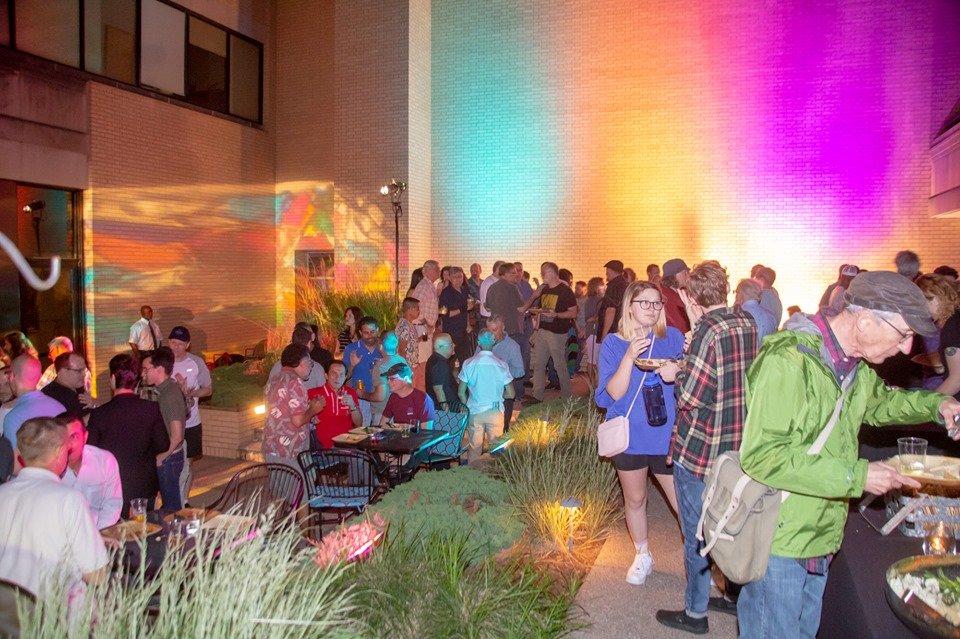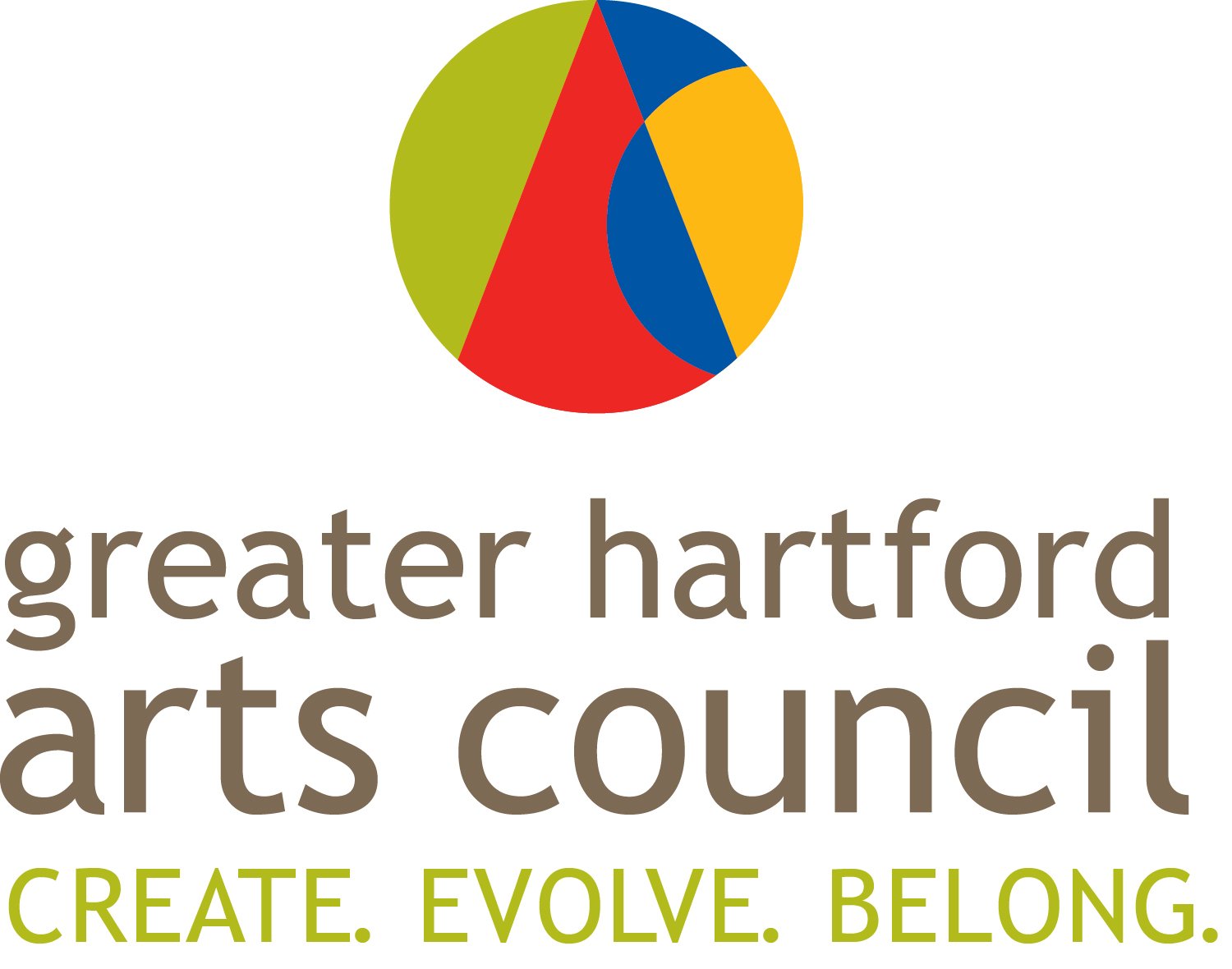Out Film CT's 32nd Annual LGBTQ Film Festival Expands and Inspires the Next Generation of Queer Filmmakers
Connecticut’s first ever film festival, the Connecticut Gay and Lesbian Film Festival, was presented in 1988 by AlteRnaTiveS, an LGBT cultural organization founded one year earlier. It was not a success. Lack of publicity, gloomy films, and difficulty attracting an audience fated the event for a futile first few years: after four annual festivals, the organization was in debt. However, with the help of new leadership, several LGBTQ celebrity appearances, and a new name for the organization (Out Film CT, to reflect the focus on film), the festival began playing for sold-out crowds. Now, Out Film CT is celebrating the success of its 32nd annual Connecticut LGBTQ Film Festival, which took place in Hartford from May 31 to June 8.
The festival, which presented over 65 feature-length and short films highlighting LGBTQ characters and issues, had an exciting year. According to Out Film CT President and Festival Director Shane Engstrom, attendance reached near-record levels and feedback from the audience award ballots was remarkably positive. In addition, two new short film programs, International Shorts and Youth Shorts, were introduced, which Engstrom said “expanded the discussion beyond our borders and opened the conversation to the LGBTQ leaders of tomorrow.”

The festival is significant not only for the LGBTQ community,but also for filmmakers and artists across New England. Besides highlightingimportant queer issues including youth homelessness and political attacks onthe transgender community, Engstrom said that the festival showcases filmmakingas a unique art form. The festival “provides a forum for the community tointeract directly with filmmakers,” he said. “Filmmakers are able to sharetheir filmmaking choices and visions, and…tell stories that unite the communityby letting them know that they’re not alone in their feelings and in their circumstances.”
"The arts are important because they allow people to see their stories being told boldly."
Since the inception of the event, the vision for the festival has predominantly remained the same. However, technological transformations have “revolutionized” the screening committee’s process for evaluating the submitted films, according to Engstrom. Originally, committee members scouted films at other festivals or watched them on VHS tapes, and then on DVDs. Today, nearly all of the films are viewed online through secure web links. Because over 500 films are submitted to the festival each year, “it would be impossible to watch all the films as a group,” said Engstrom, “so having the films accessible online allows screening committee members to watch and rate the films from the comfort of their homes.”
While the Connecticut LGBTQ Film Festival is Out Film CT’sprimary event of the year, the organization also holds a “Queer Thursdays” filmseries, which presents an LGBTQ film on the second Thursday of each month atCinestudios on the campus of Trinity College. Engstrom emphasizes that eventslike these allow the community to share a common experience through art. “Thearts are important because they allow people to see their stories being toldboldly,” he said. “People [come back because] they enjoy the experience ofwatching these important films...in a safe space, surrounded by friends andallies.”

In the future, Engstrom said that Out Film CT would love to expand the festival to offer screenings in various locations around the state, but as an all-volunteer organization it has not yet been able to screen beyond Hartford.
Above all, Engstrom says that Out Film CT embraces all viewpoints and welcomes anyone from the community. “We...hope that everyone who attends has a chance to meet someone new, share their opinions, listen to others’ perspectives, and form some new bonds that will keep the LGBTQ community strong.”
Supporting programs like the LGBTQ Film Festival is part of our mission to improve lives and transform communities through the arts. Your support for the Greater Hartford Arts council helps us make it possible.
- Grace Amell, Marketing Intern
GHAC
